Start Your Beekeeping Journey!
Explore beekeeping with simple guides, tips, and resources. Learn from experts to start your beekeeping journey successfully.
Starting with the Essentials
Everything a Beginner Beekeeper Needs to Know
Start by learning the fundamental steps of setting up your first hive, choosing bees, and maintaining a healthy colony
Starting beekeeping can feel overwhelming for beginners. Beekeeping is an ancient practice, with knowledge passed down through generations. Luckily, as long as you provide your beehive with the right environment, their instinctive DNA will take over and put your hive on auto-pilot. The main thing to understand as a new beekeeper is to ensure you don’t get in the way of nature, and keep a careful watch for signs of disease or deterioration.
The best way to start is to peruse our library of helpful information and discover the amazing facts around what makes bees so special. We provide a wealth of knowledge for the average beekeeping beginner that has been curated from both research and personal experience in the field. Lets start with some of the basics and work up your knowledge of beekeeping from there.
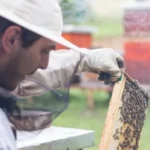
Beekeeping Equipment For Beginners
Many websites suggest using a 10-frame deep Langstroth hive or a modern Flow Hive. We focus on what suits your unique situation best. Bees will happily create a hive in something as benign as a hole in the ground, but for obvious reasons, setting yourself up with the right equipment at the start can mean the difference of hard work, or enjoyable leisure.
We focus on easy-to-use, budget-friendly options that help you support your bees effectively. While a 10 frame Langstroth Hive might look like the most productive hive, you will thank us when you try lifting a much smaller shallow box full with capped honey comb. So have a look around and learn from the success and mistakes of others to know exactly what kind of equipment you will be wanting to establish at home!
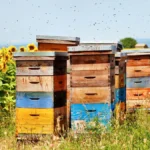
Maintaining Your Hive Health
Bees have managed honey production for thousands of years without human help. Your role is to ensure their environment supports the colony’s needs. This is the domain of the beginner beekeeper to primarily be an observer.
Ensuring you know the signs to watch out for in the case of disease, pests or even starvation means that you will be prepared for action to help your little bee friends out when needed. Read through some of our articles on the common ailments that may affect your hive and learn how you can better support your colony through seasonal changes.
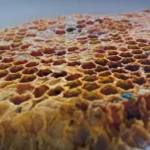
Finding Your Local Beekeeping Resources
Beekeeping can be a wonderfully social past time and as a beginner beekeeper, you need to ensure you have access to some local mentors. Don’t just rely on the local provider of hives or what you read on the internet, talking with people in your unique area can help you tailor your practices to your specific environment.
As a bonus, you will have access to a second set of eyes over your hives to help spot sign of common issues while starting in beekeeping and get advanced warning of any local diseases or seasonal issues which may also affect your hive. Apiary clubs are usually very welcoming to new members as the more confident beekeepers we can create, the more secure our planets future becomes.
We have compiled a huge knowledge base of clubs and associations you can reach out to so have a look for your local area. If you find one we have missed, please let us know as we are constantly updating our database.
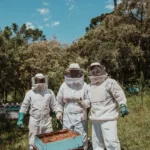
Advanced Beekeeping Techniques and Bee Behaviour
If you are still within your first 2 years of beekeeping and starting to get a feel for things, perhaps you are more interested in some of our advanced knowledge. As a beginner beekeeper, the continual pursuit of knowledge is a hallmark of a good beekeeper and understanding bee behaviour certainly places you in a great position to learn more.
As an observational beekeeper, your ability to observe, reflect and better understand why your bees are acting in a way will mean that you can accurately tend to their needs and effectively get out of their way as they produce their honey. Find out from our PHD researchers why bees act in the way they do coupled with some hilarious stories when the interpretation doesn’t quite go the right way.
Frequently Asked Questions
To start beekeeping, it’s important to educate yourself through books, online courses, or by joining a local beekeeping club. Purchasing a beginner beekeeping kit, which typically includes a hive, tools, and protective gear, is a great first step. Choose a location with plenty of flowering plants and water sources to ensure your bees thrive.
The Langstroth hive is the most popular choice for beginners due to its modular design, ease of use, and availability of parts. It allows easy access to the bees, making hive management, honey extraction, and inspections straightforward for new beekeepers.
The initial cost of beekeeping for beginners ranges from $300 to $500, which covers equipment like a beehive, protective gear, a bee smoker, and the purchase of bees (often a nucleus or package of bees). Additional costs may include ongoing maintenance and replacing supplies.
Spring is the ideal time to start beekeeping because it aligns with the bees’ natural cycle of building up their population and foraging for nectar. Starting in spring gives your colony plenty of time to grow before winter.
Beginner beekeepers should inspect their hives every 7-10 days to monitor the health of the colony, check for diseases, ensure the queen is present, and manage pests like varroa mites. Over time, you’ll learn to recognize signs of a healthy hive and know when an inspection is necessary.
When nectar is scarce, especially in early spring or late fall, you can feed your bees sugar syrup. For beginners, a simple sugar-water solution (1:1 ratio in spring, 2:1 in fall) is a safe, effective way to supplement their diet.
As a beginner, it’s important to have a full beekeeper suit, including a veil to protect your face, gloves, and long sleeves. This protective clothing will help prevent bee stings and make you feel more confident while working with your hive.
A new hive typically takes 6-12 months to produce a harvestable amount of honey. It’s important to allow the bees to establish their colony and create sufficient honey stores before harvesting, especially in the first year.
For beginners, regular hive inspections are key to preventing pests and diseases. Learn to identify varroa mites, small hive beetles, and signs of common diseases like American foulbrood. Maintaining good hive ventilation, providing proper spacing between frames, and keeping the area around the hive clean will help reduce pest infestations.
The queen bee is the sole reproductive female in the hive, responsible for laying eggs and maintaining colony cohesion. Regular inspections to ensure the queen is laying eggs and observing the colony’s behavior toward her will help you monitor her health. A failing queen may lead to the decline of the hive, and in such cases, you may need to replace her with a new queen.
Beginner Beekeeping Most Popular Articles
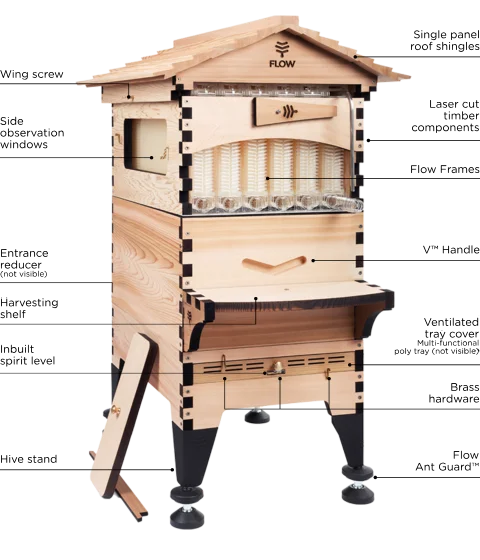
Is the Flow Hive Worth It? Ultimate Pros & Cons
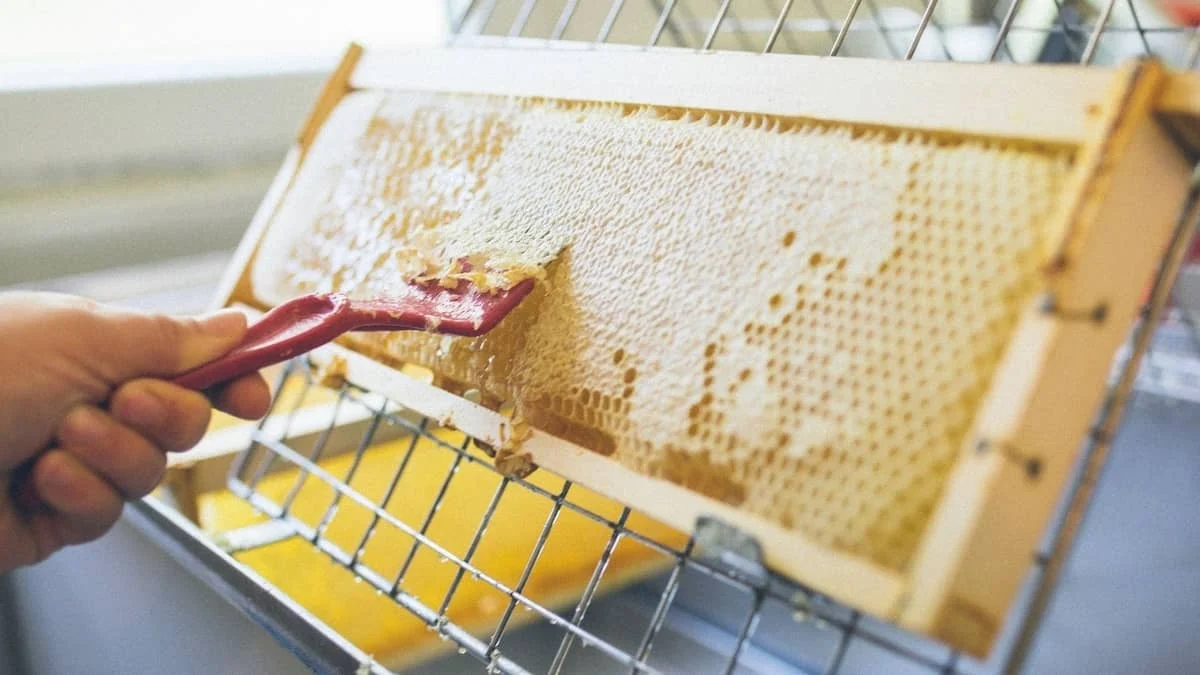
How Much Honey Per Frame?

The 7 Best Bee Feeder Types Available to Beekeepers
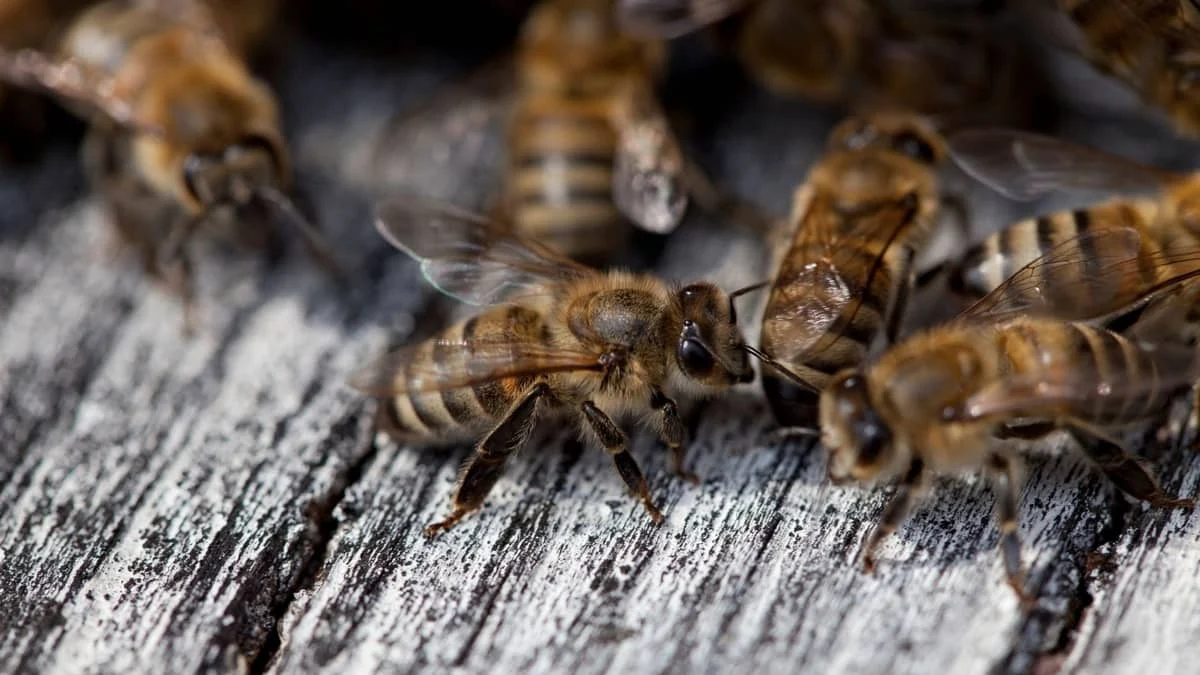
Want Bees? Here’s How to Get Them for Free or Cheap
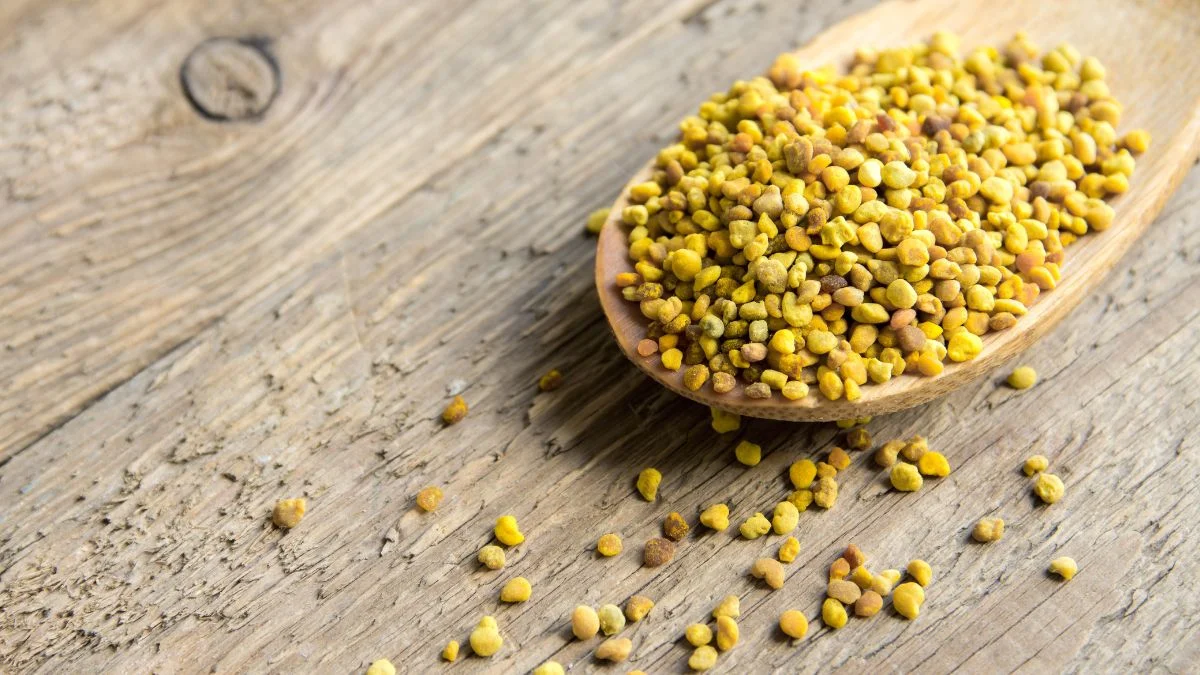
Does Bee Pollen Expire? Expert Tips To Healthy Pollen Eating.
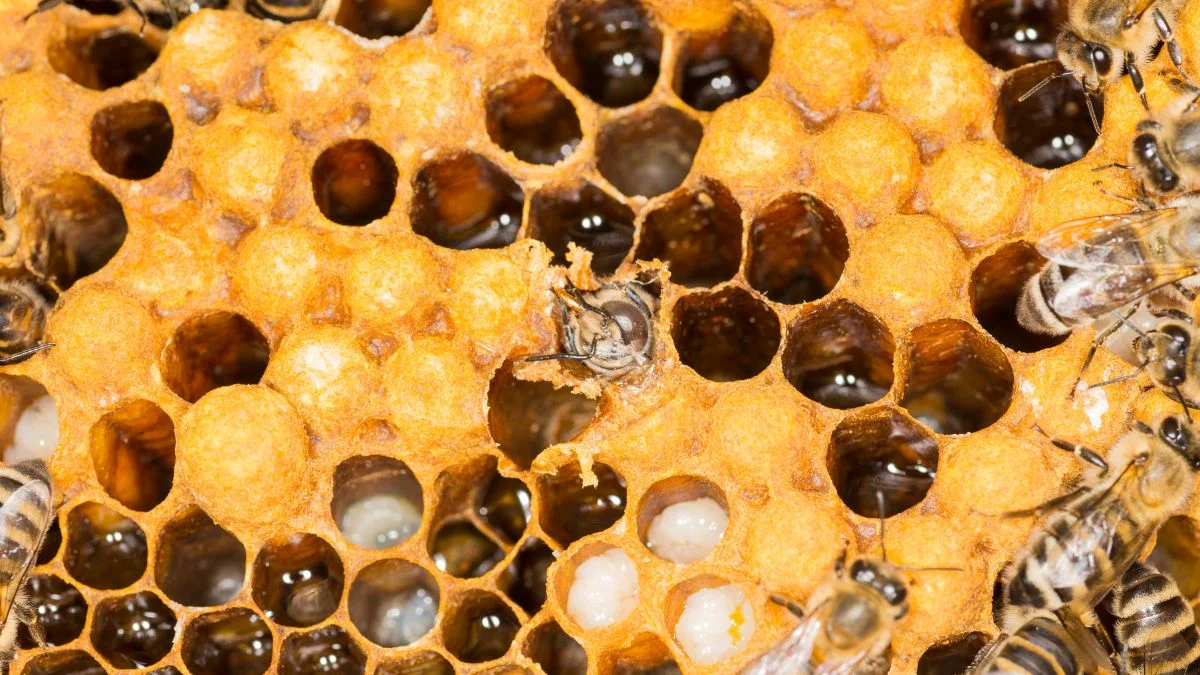
How Long Does It Take Bees To Make A Hive? How To Get Your Bees In The Fast Lane

When Not To Open A Beehive? – Tips To Avoid Catastrophes

Bees Left Behind After A Swarm

The BEST Ultra Bee Pollen Substitute in 2025 [Revealed]
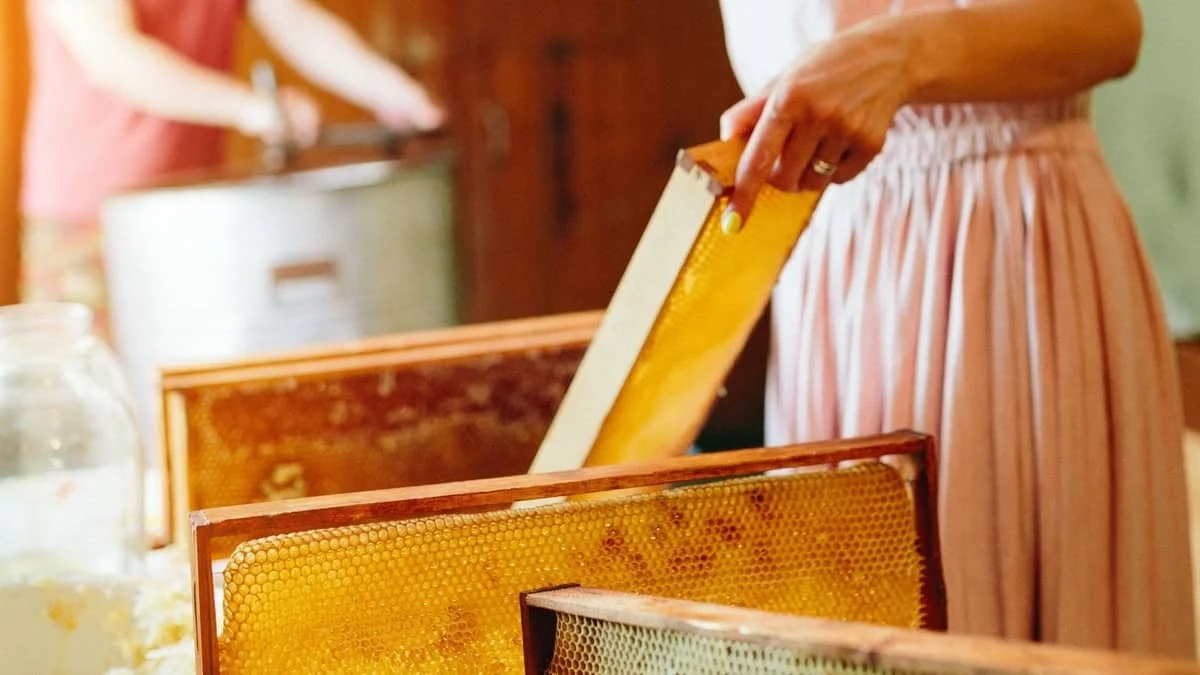
When Is Honey Harvested? Professional Guide To Variables

How Many Brood Boxes Should A Hive Have?

How Long Can A Queen Bee Live In A Cage
About Us
Dr. Garth A. Cambray is a Canadian/South African entrepreneur and beekeeper with 28 years of experience in apiculture and specializes in adding value to honey. His Ph.D. research developed a new advanced continuous fermentation method for making mead that has resulted in a number of companies globally being able to access markets for mead. His company, Makana Meadery, exports honey mead to the USA where it is available to discerning connoisseurs.
He has also developed technologies to commercially manufacture organic honey vinegar in Zambia for export globally. He holds a few patents globally in the ethanol industry and believes in technology and knowledge transfer for human development and environmental sustainability. One of his proudest achievements is the fact that the wind farm he started at one of his old apiary sites has essentially made his hometown carbon neutral.
Beekeeper Members
We are always learning, adapting and understanding our beehives. That’s why we keep our members up to date with the latest tips and expertise from professional beekeepers and industry experts.

Henry Dawson
I have been beekeeping for the past 3 years and found Beekeepertips.com to be a great source of information to support my learning. I like that they don't push a product if there is a DIY simple solution instead!
Getting the monthly newsletter helps me keep on top of the tips I need to keep my 4 hives alive and well. The detail around mite treatments has definitely saved our hives a couple of times last year.

Joanna Keppler

Martin Sanchez
I am very new to the beekeeping scene, but am enjoying the support provided by beekeepertips. Some of the text books are hard to understand and the plain language used here helps to cut through to what I need to know.
Subscribe to our Newsletter for the Latest Tips and Updates
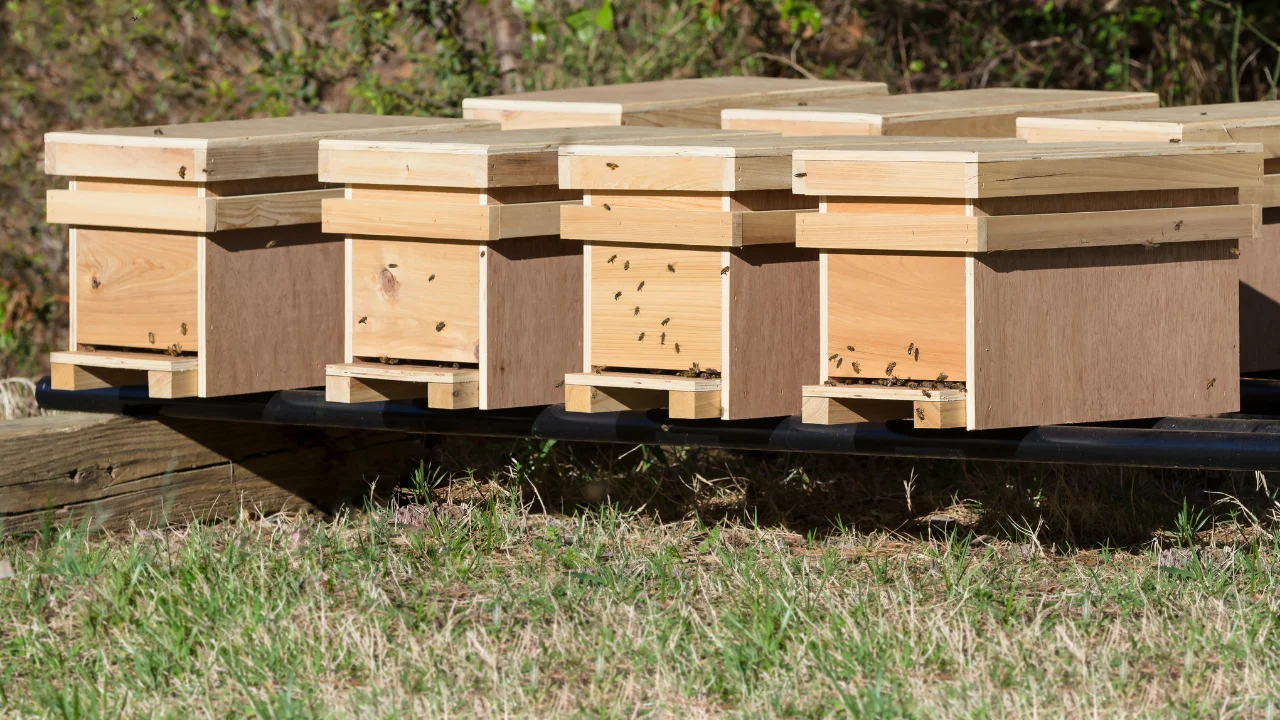
Ultimate Beehive Showdown: Pros and Cons You Need to Know

Is the Flow Hive Worth It? Ultimate Pros & Cons

Want Bees? Here’s How to Get Them for Free or Cheap

The 7 Best Bee Feeder Types Available to Beekeepers

How Much Honey Per Frame?

Does Bee Pollen Expire? Expert Tips To Healthy Pollen Eating.

How Long Does It Take Bees To Make A Hive? How To Get Your Bees In The Fast Lane

When Not To Open A Beehive? – Tips To Avoid Catastrophes

Bees Left Behind After A Swarm

The BEST Ultra Bee Pollen Substitute in 2025 [Revealed]

When Is Honey Harvested? Professional Guide To Variables

How Many Brood Boxes Should A Hive Have?

How Long Can A Queen Bee Live In A Cage
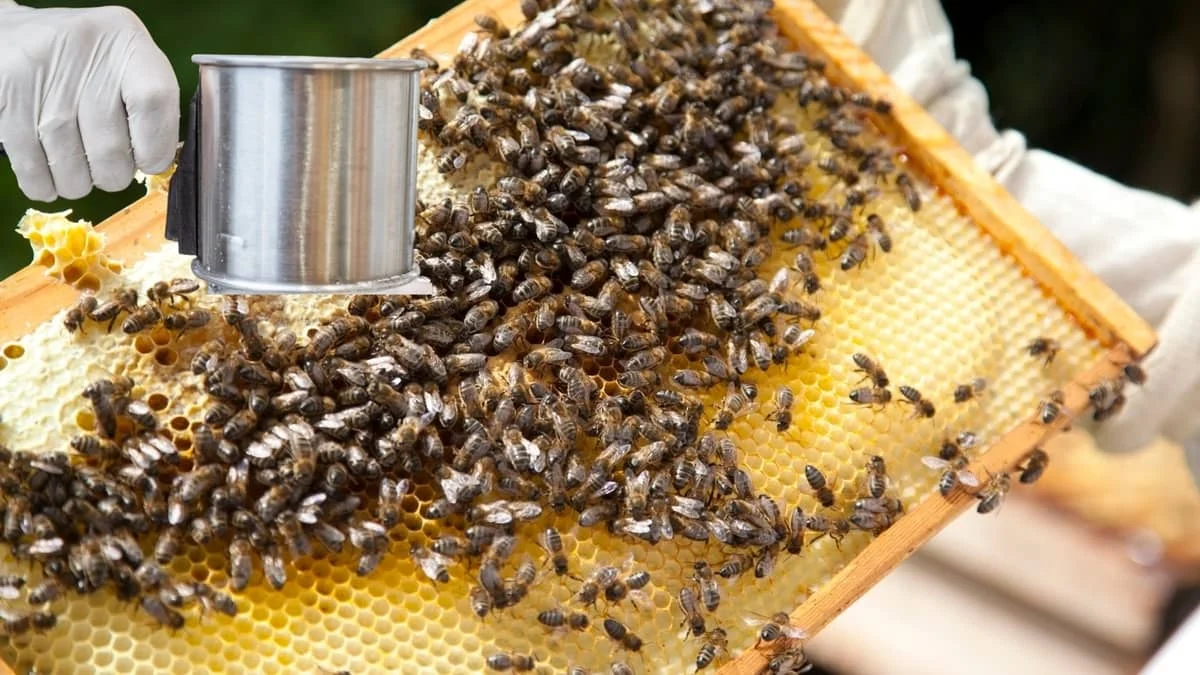
Natural Varroa Mite Control: How to Use Powdered Sugar on Your Bees [Need to Know]

How Much Honey To Leave Bees For Winter
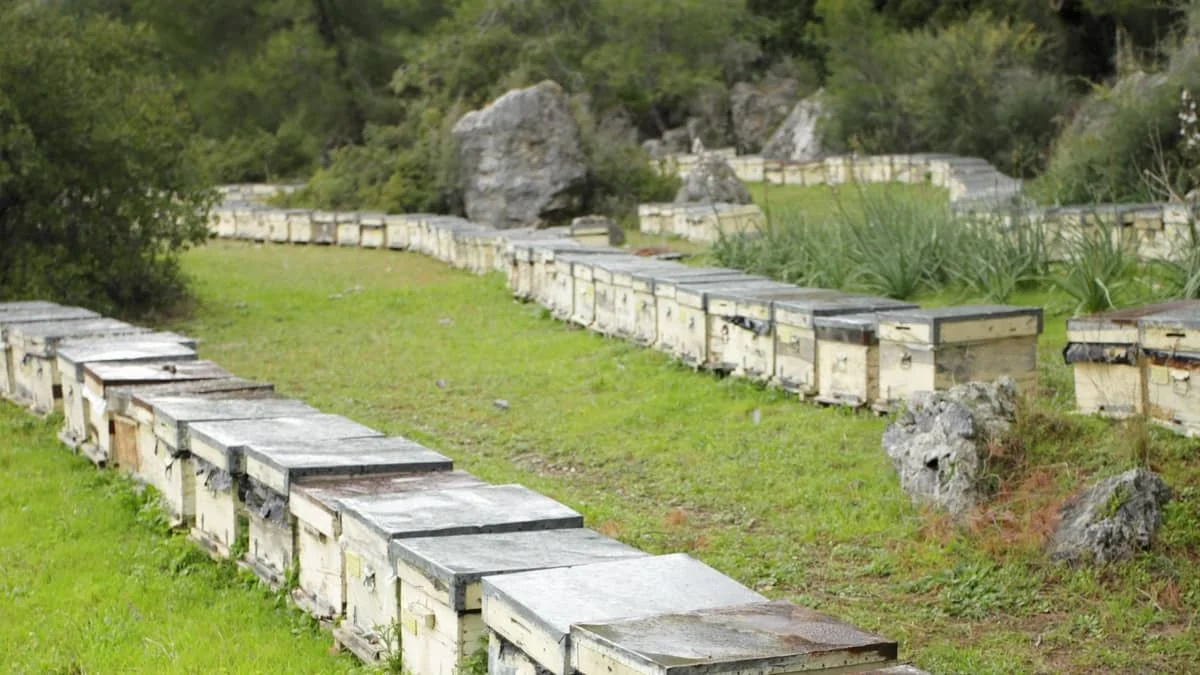
How Far Apart Should Beehives Be Placed?

How To Melt Beeswax In A Microwave [A Cautionary Tale You Need to Know]
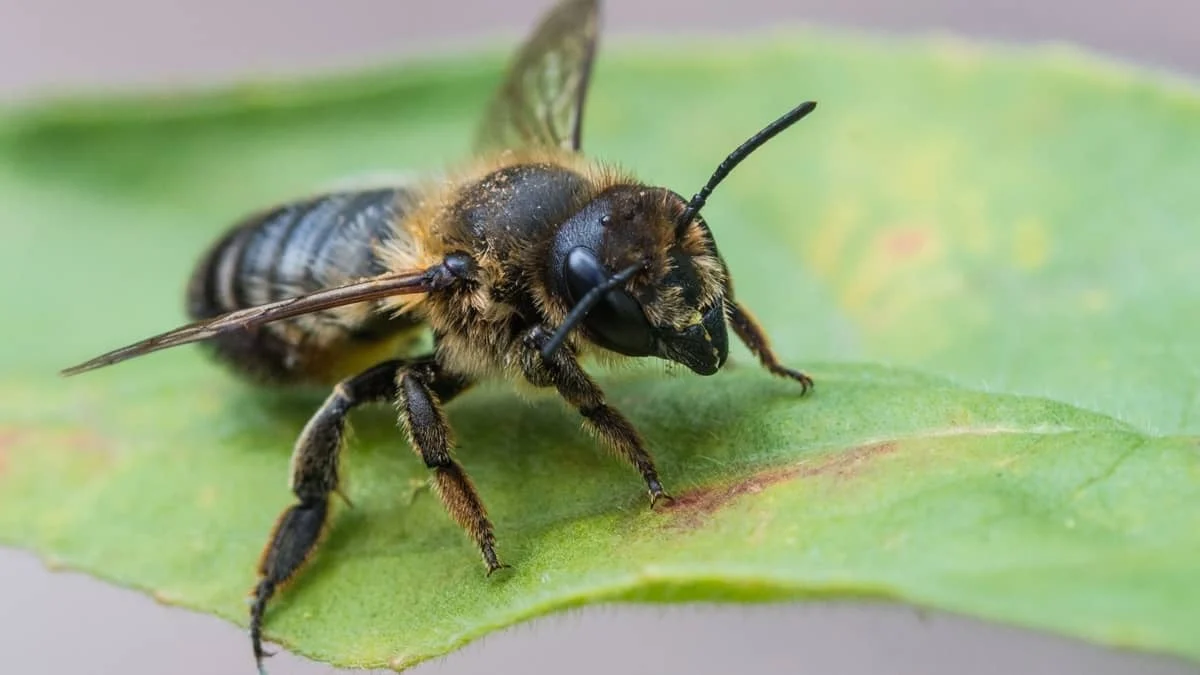
How To Get Rid Of Leaf Cutter Bees

How To Get Bees Out Of Your House
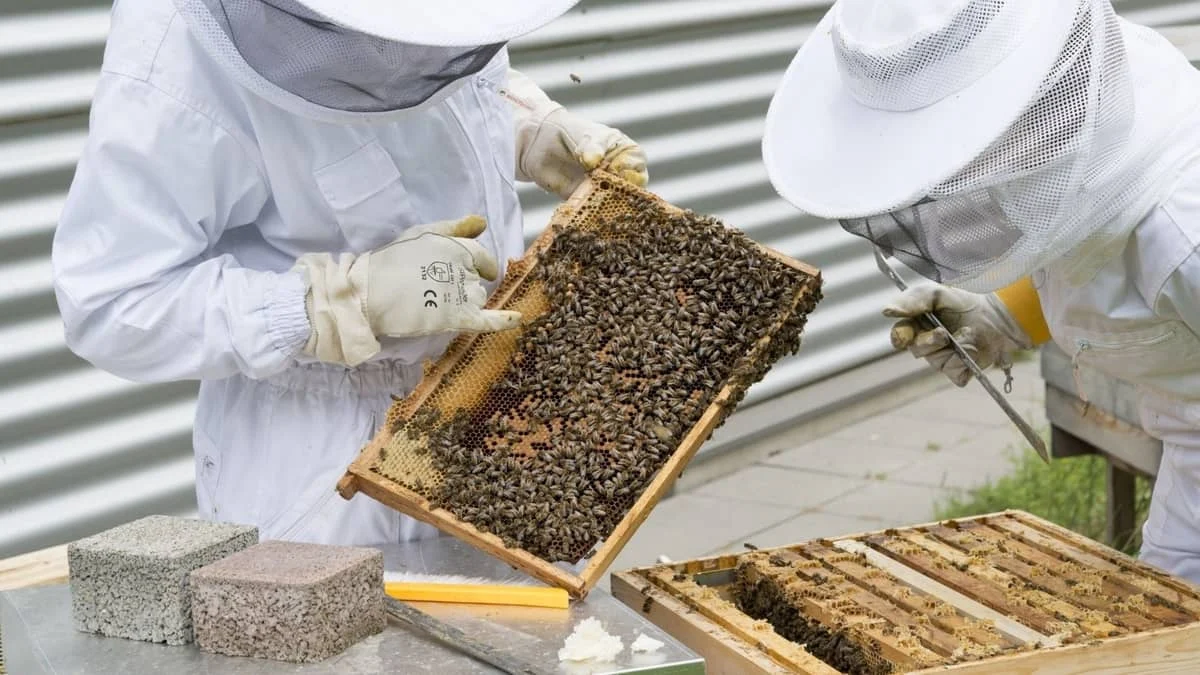
How Many Bees Are In A Hive Box? Beekeeping Explained

Will Bees Move Into An Empty Hive?
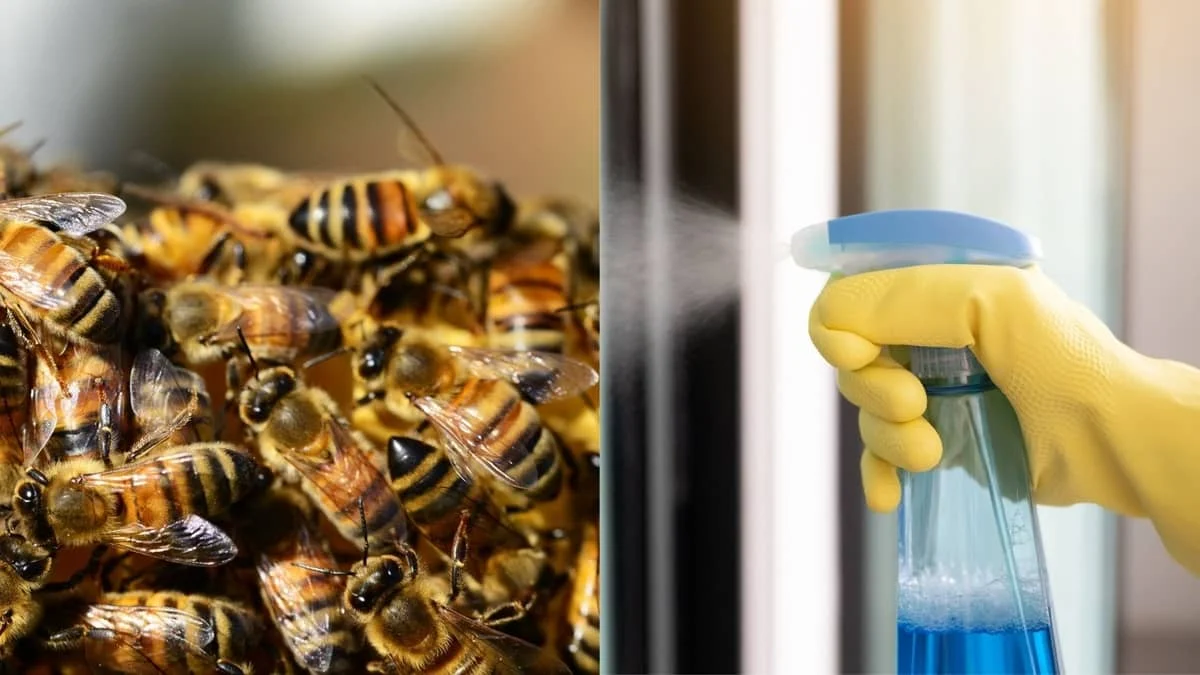
Top 5 Reasons for Killing Bees with Simple Soapy Water

Why Are Bees Clustering At The Hive Entrance?
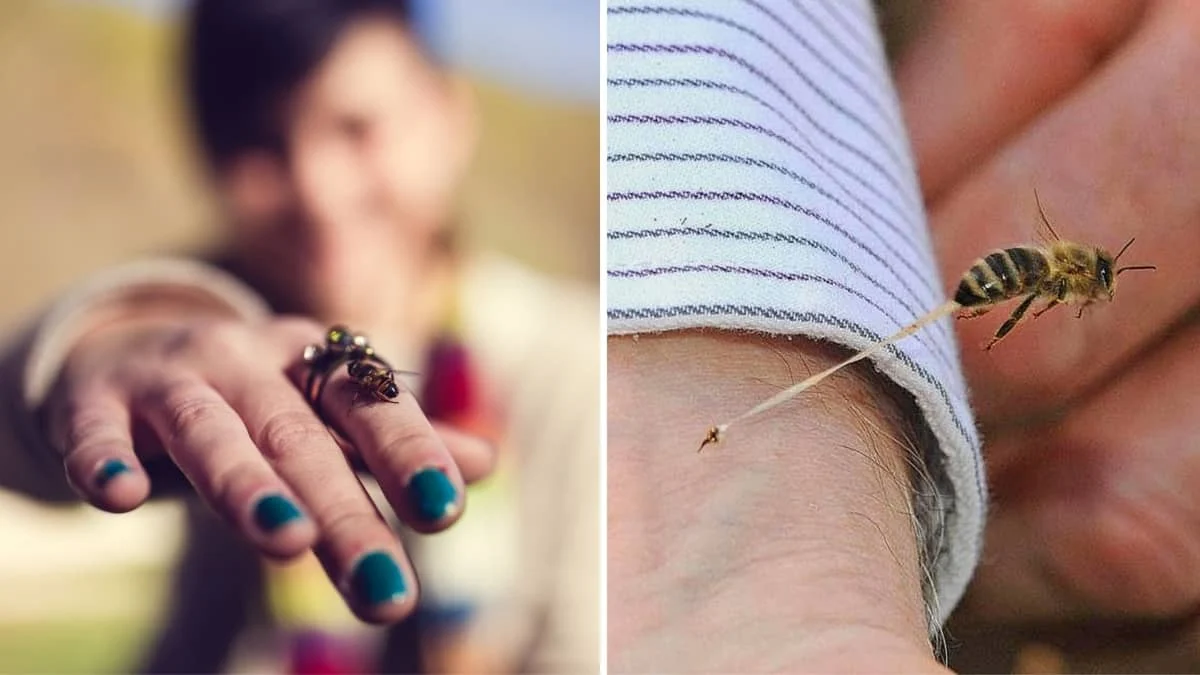
Good vs Bad Bees: A Beekeeper’s Guide to Managing Aggression

Identifying a Bee’s Nest: Know the Signs and Top Risks
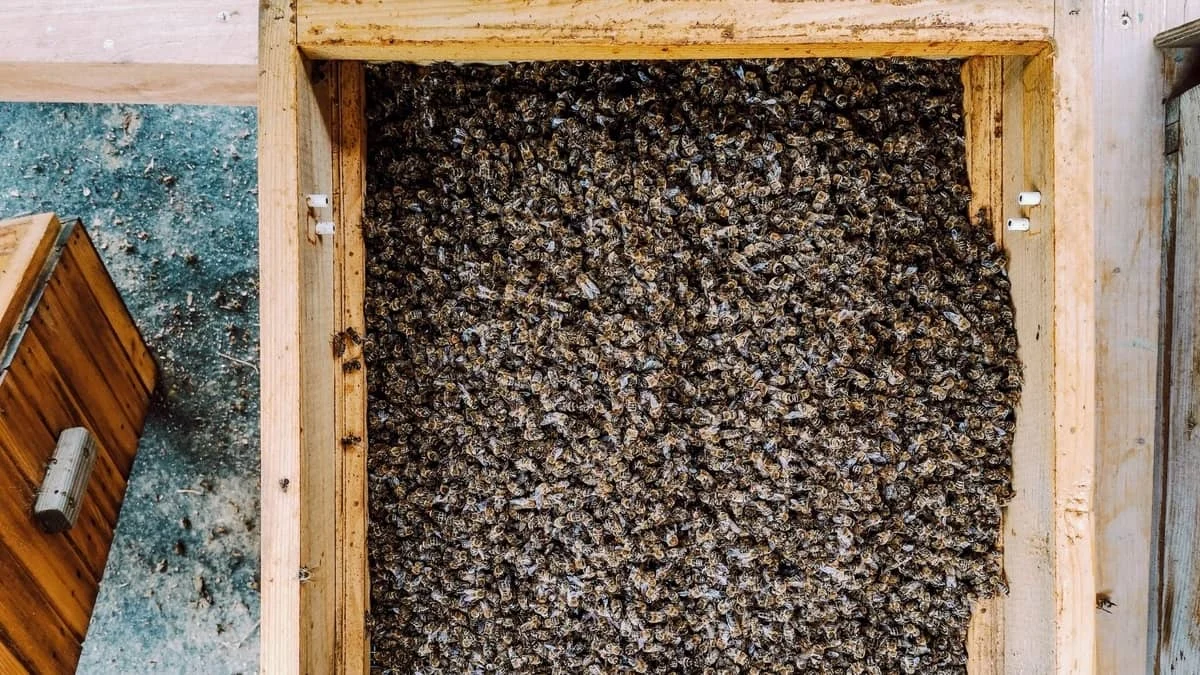
Lots Of Dead Bees On The Bottom Board
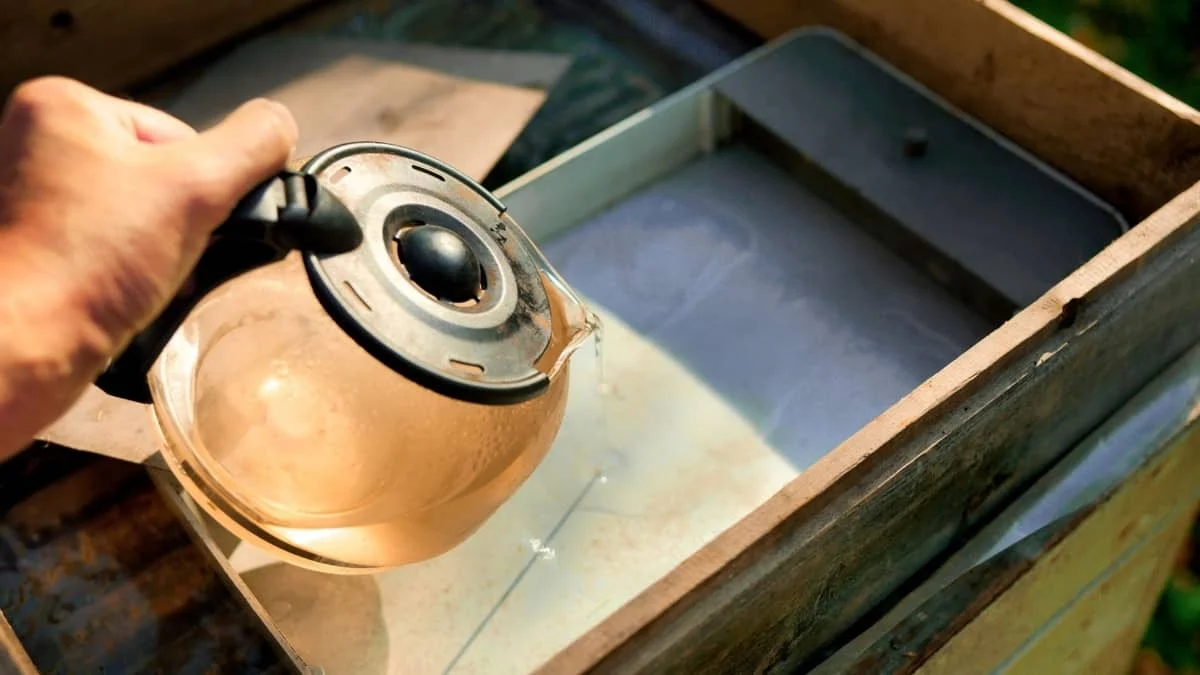
The Best Sugar Water Recipe for Healthy Bee Colonies
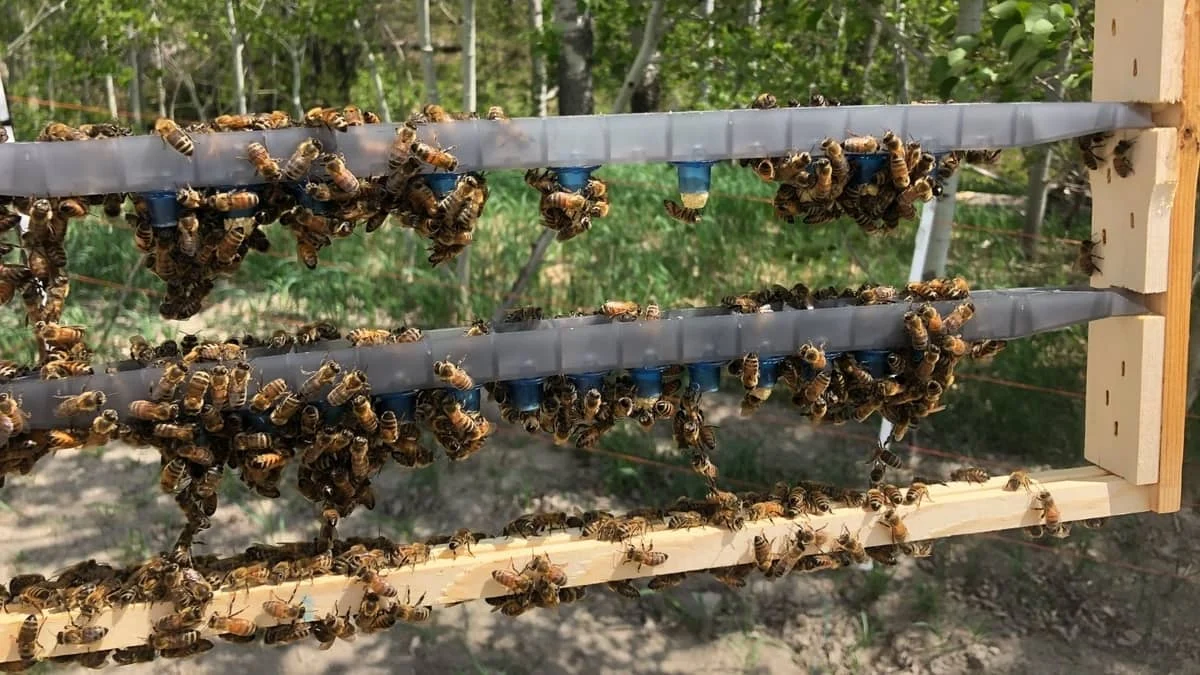
How To Raise Honey Bee Queens [All You Need to Know]
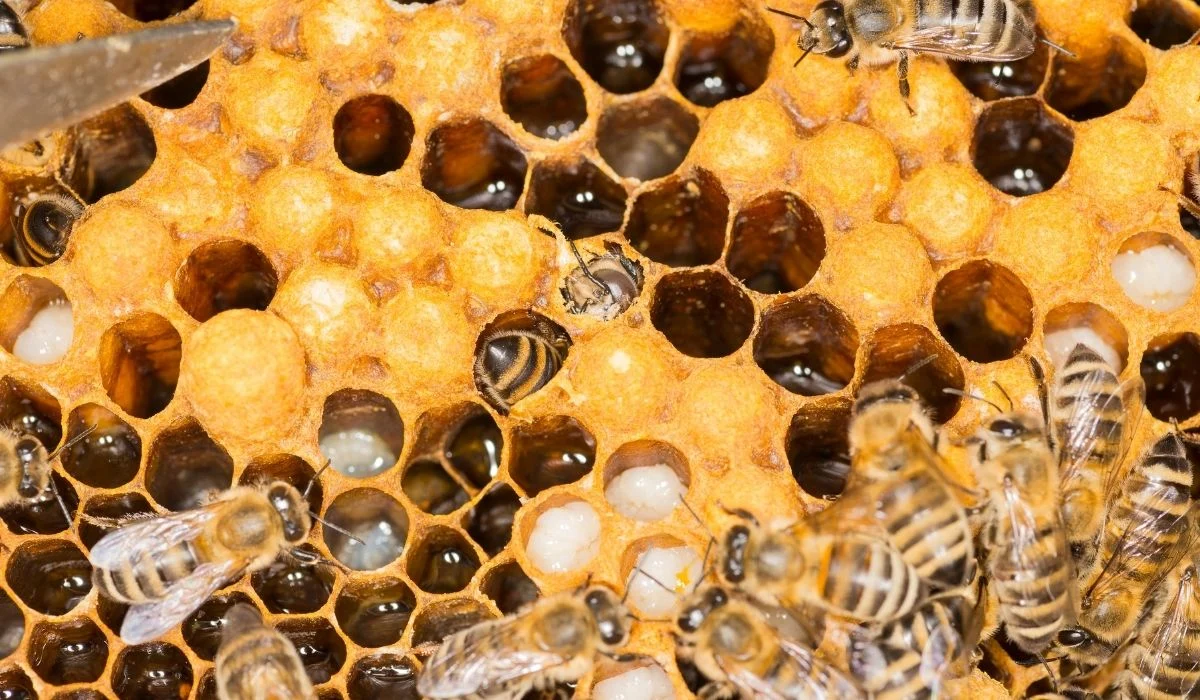
How to Treat and Prevent Small Hive Beetle Infestations in Beehives
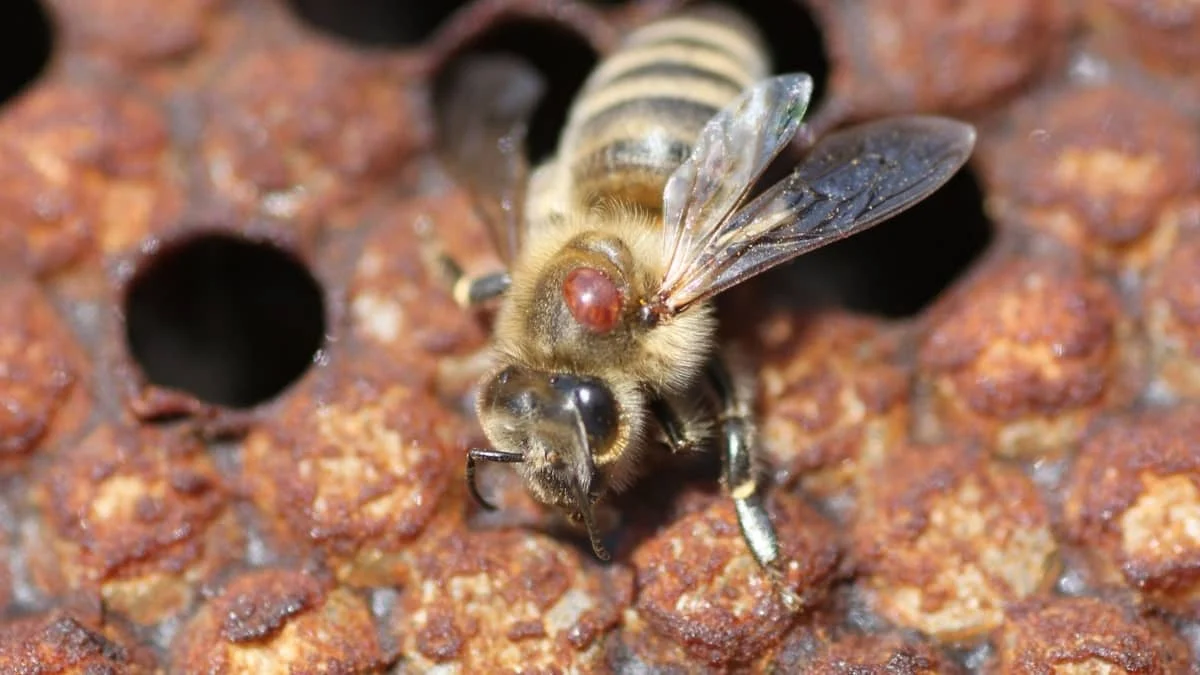
When and How to Treat Bees for Mites: Guide for Beekeepers
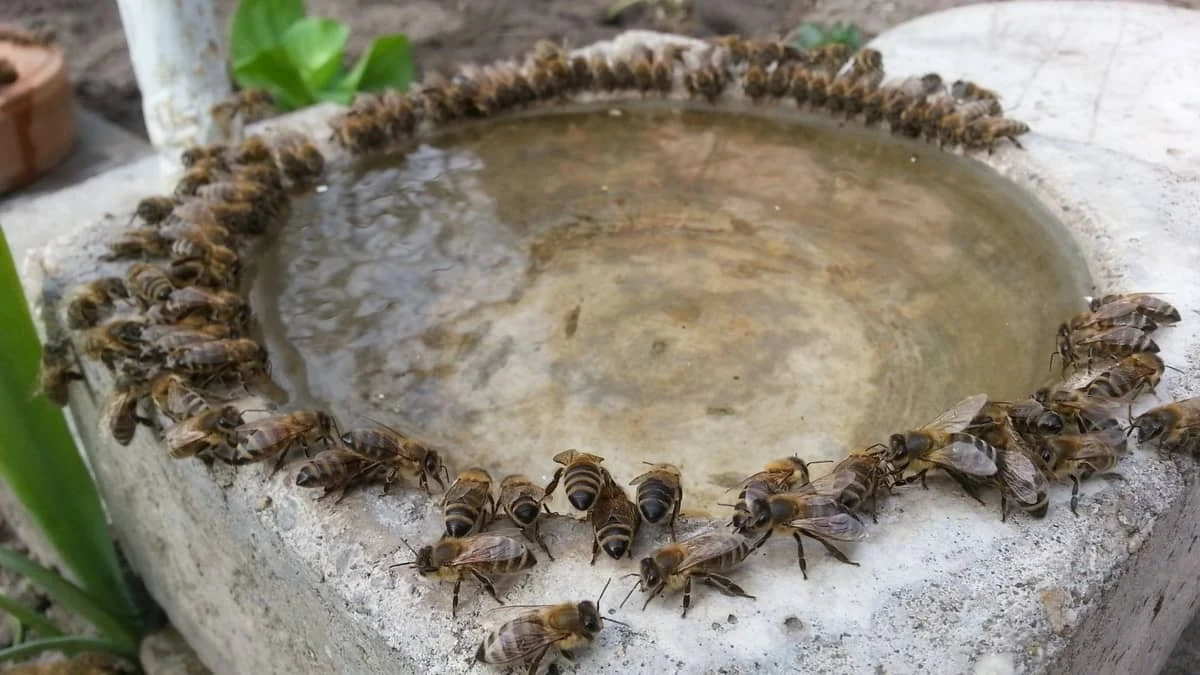
Simple Ways to Keep Honey Bees Hydrated Without Harm
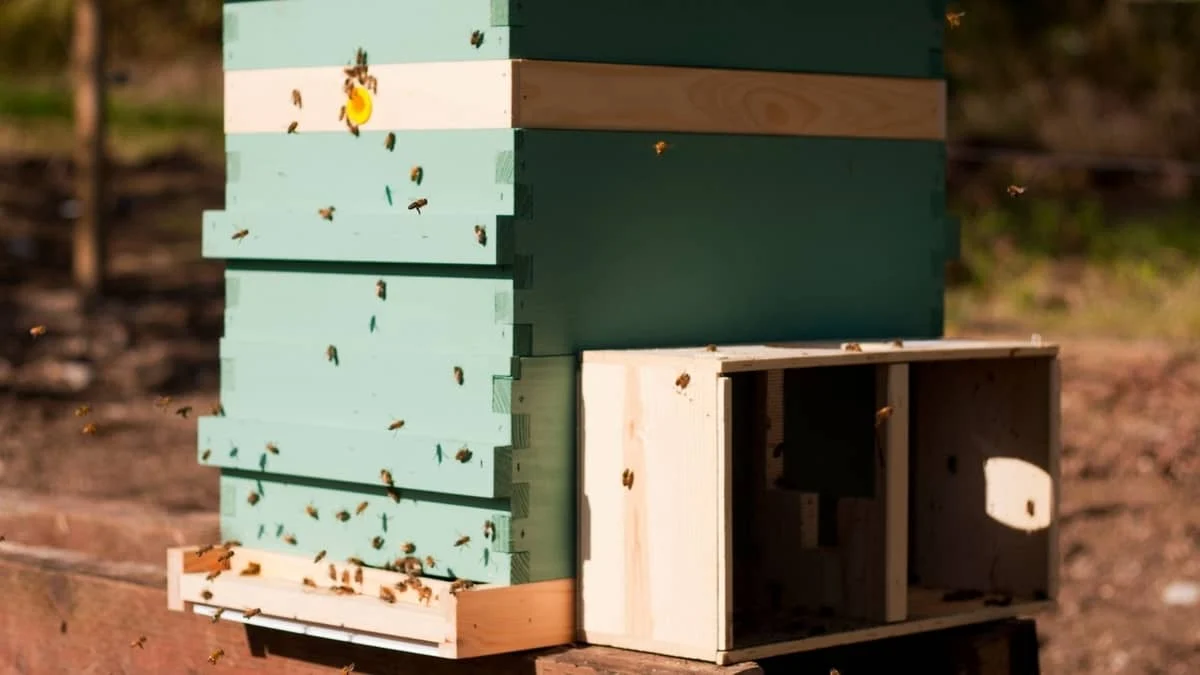
How to Strengthen a Weak Hive: Expert Tips on Adding Bees

The Ultimate Guide to Ventilating Your Top Bar Hive
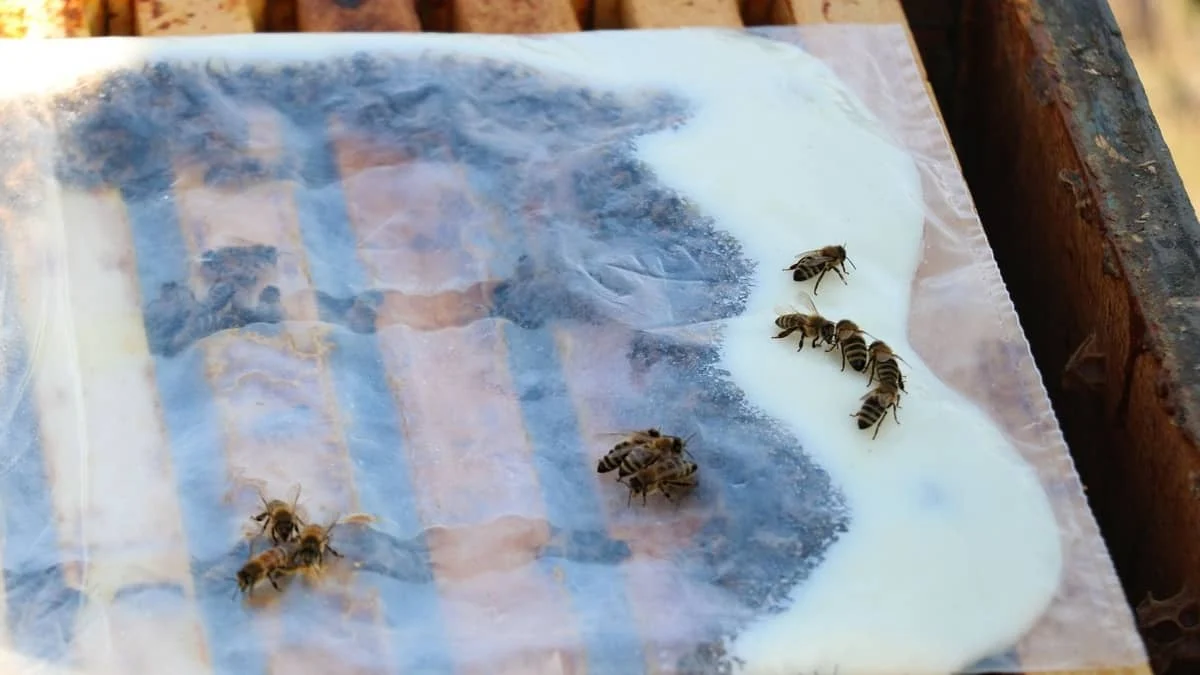
Winter Bee Feeding Ideas for Beekeepers [How to Guide]
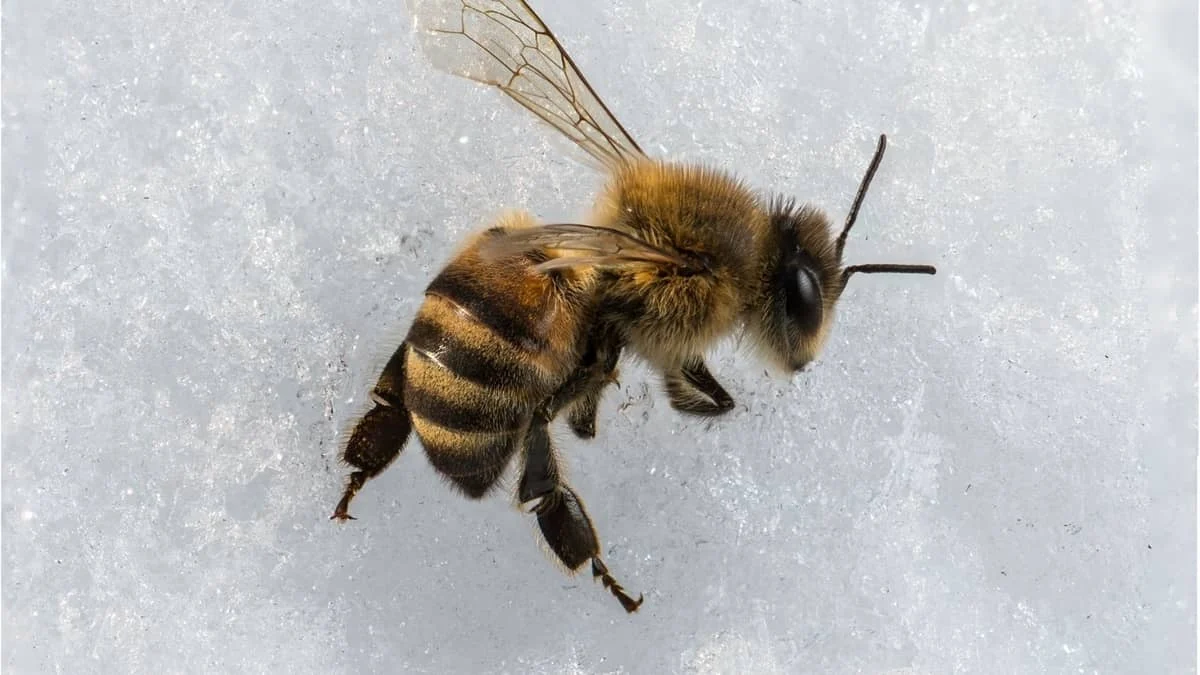
How To Keep Bees Alive In Winter

How Many Bees Are In A Package?

Queen Cup Vs Queen Cell: How to Spot the Difference
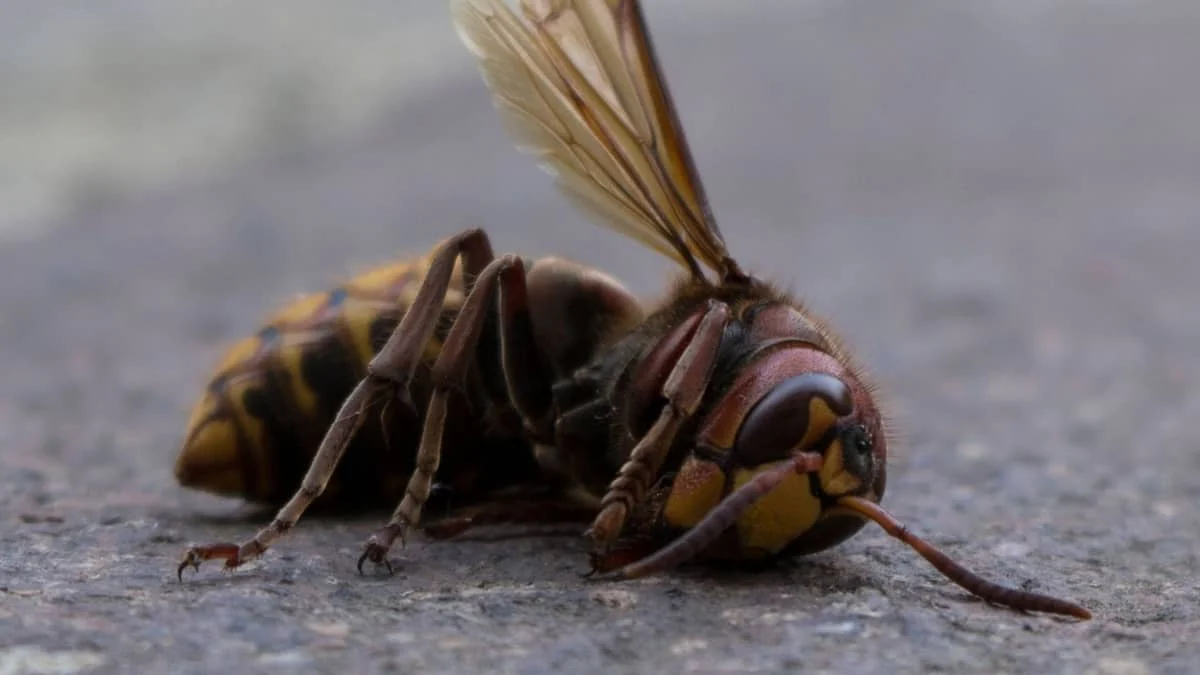
What Happens If You Kill A Queen Bee
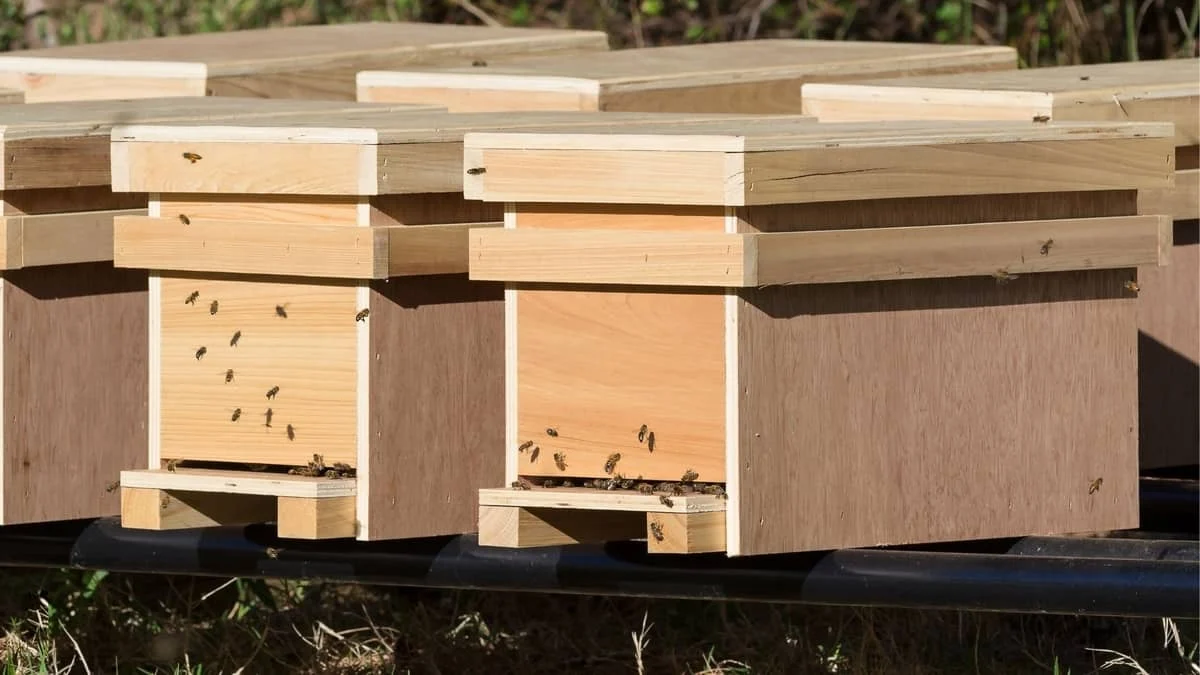
How Long Can Bees Stay In A Nuc?

When To Add A Second Brood Box
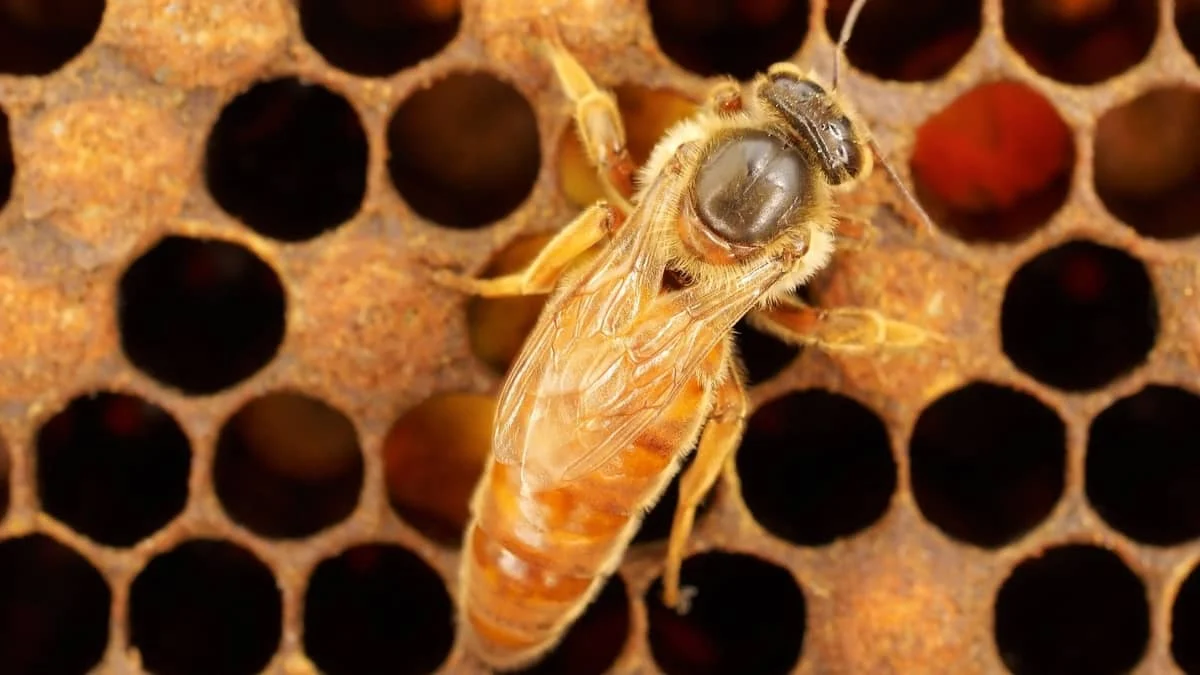
How Much Does A Queen Bee Cost?

Why Don’t Bees Sting Beekeepers?

Chalkbrood Treatment: How to Protect Your Hive

Plastic vs Wax Foundation: Which Is Best for Thriving Bees?

How Much Honey Can You Get From One Hive?

How To Find The Queen Bee In A Hive

How To Split A Beehive Without A Queen
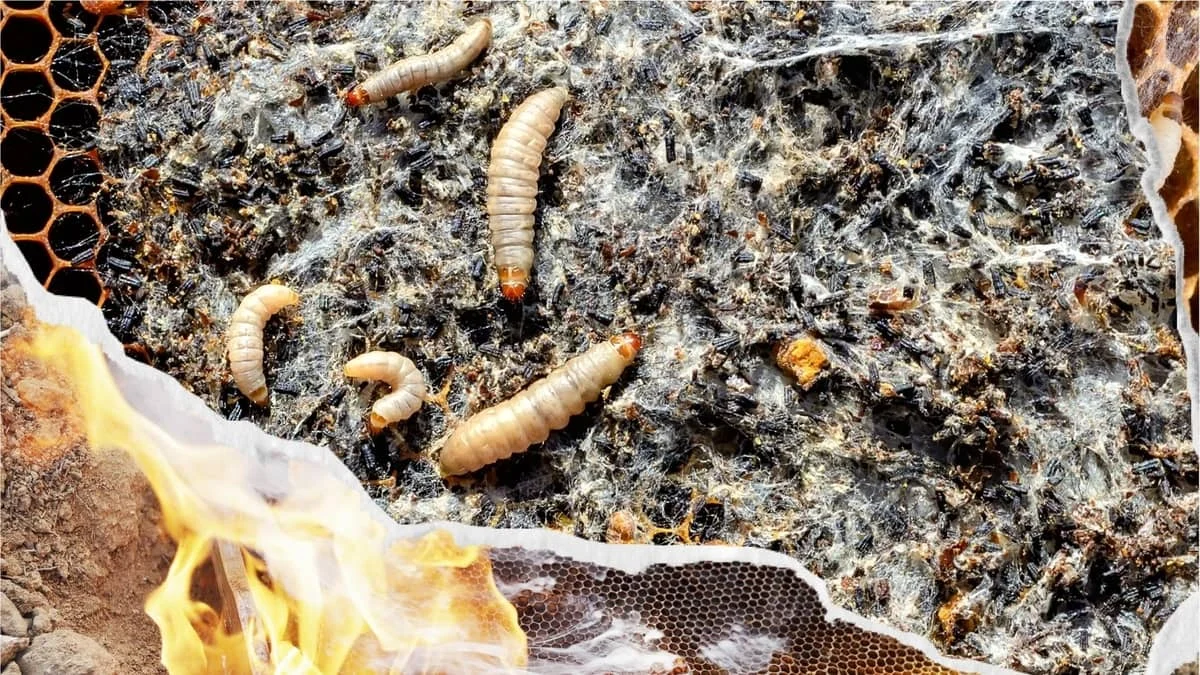
How To Get Rid Of Wax Moths In Beehives
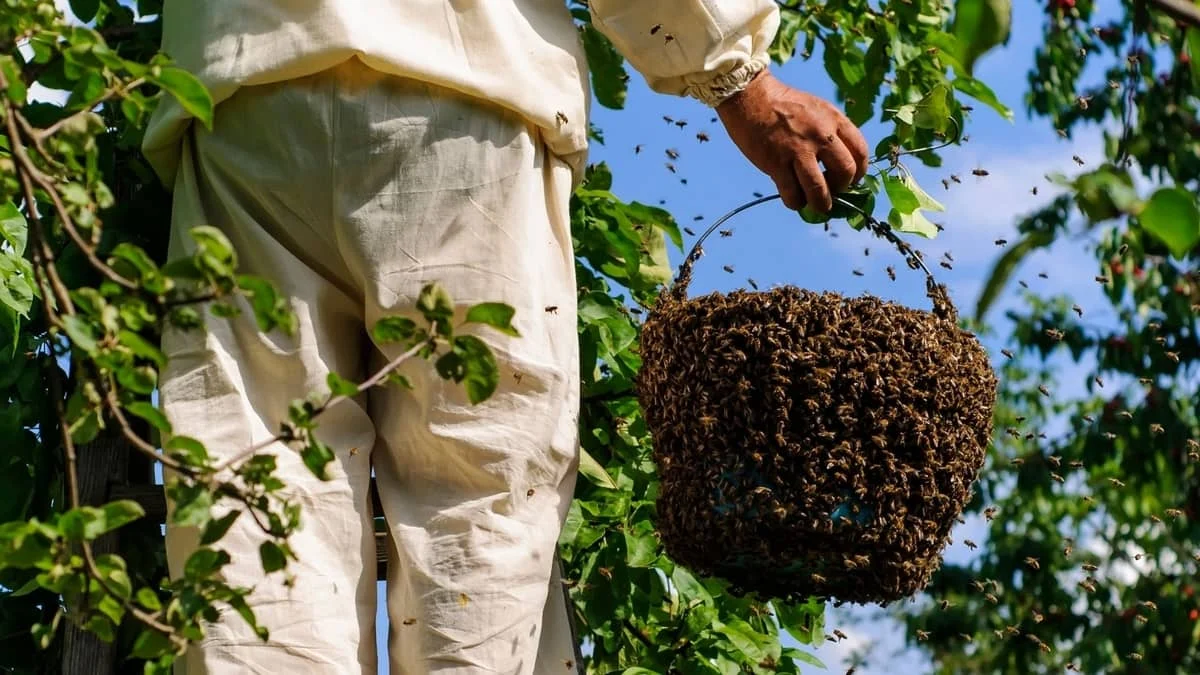
How To Lure Bees Into A Hive: Pro Tips for Success
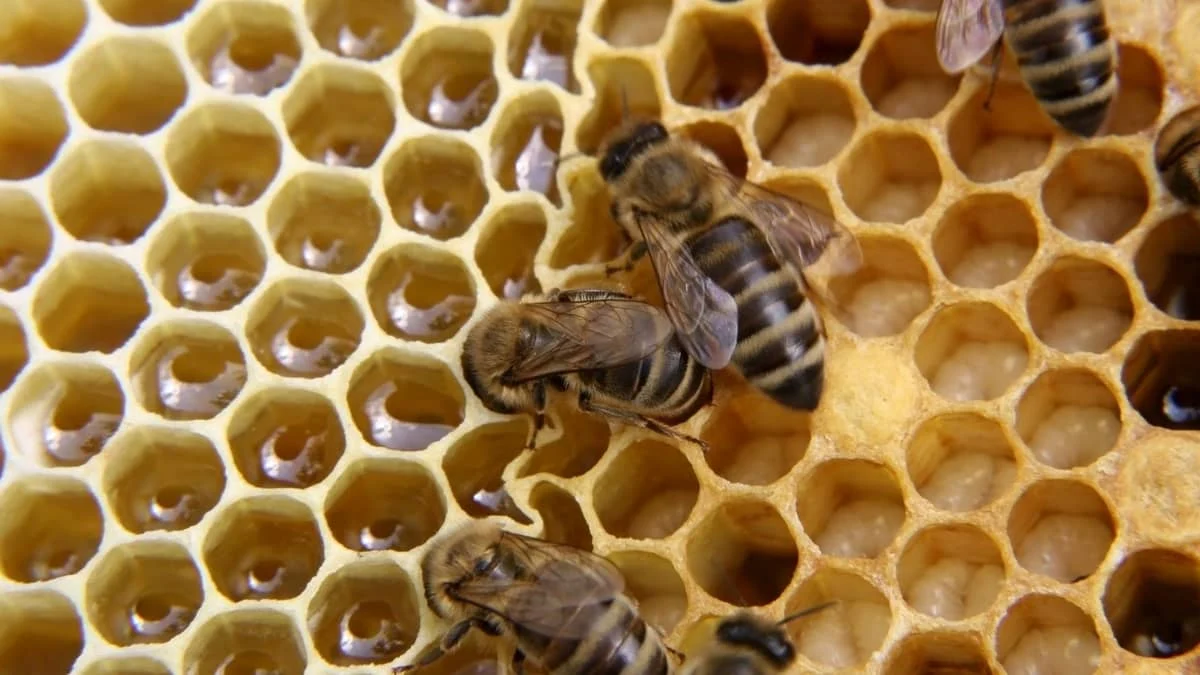
What Does Capped Brood Look Like?

Splitting A Hive To Prevent Swarming

When To Add Supers To Beehives?
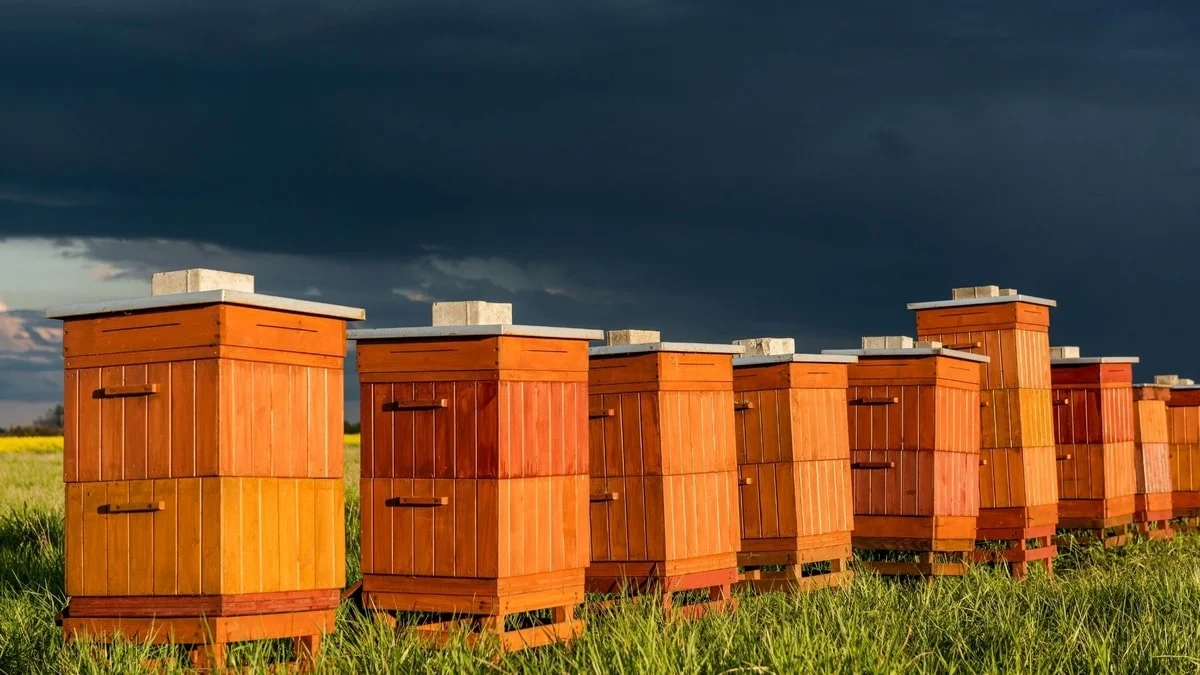
How Much Do Beehives Cost? Ultimate Beginner Budget Guide


